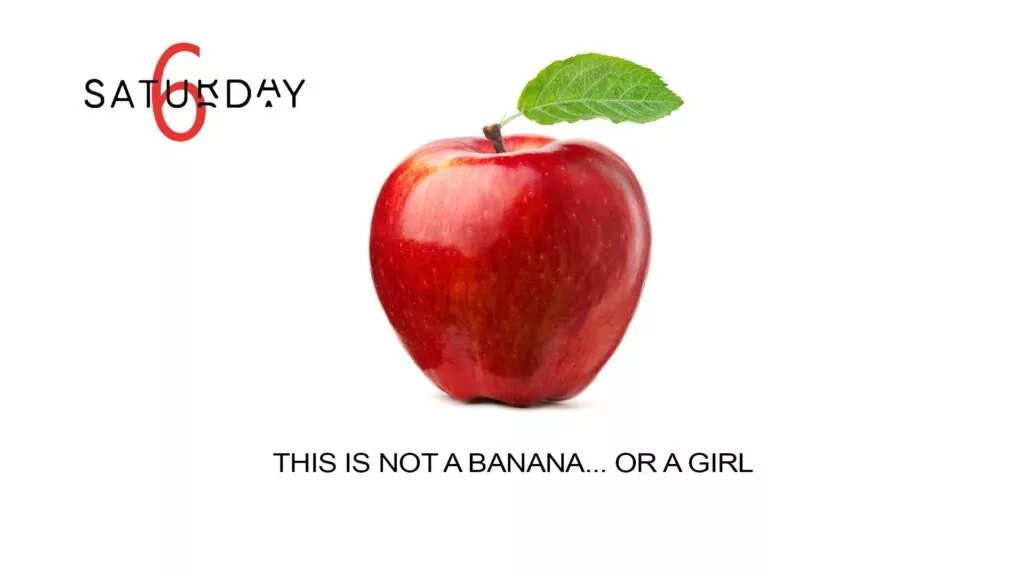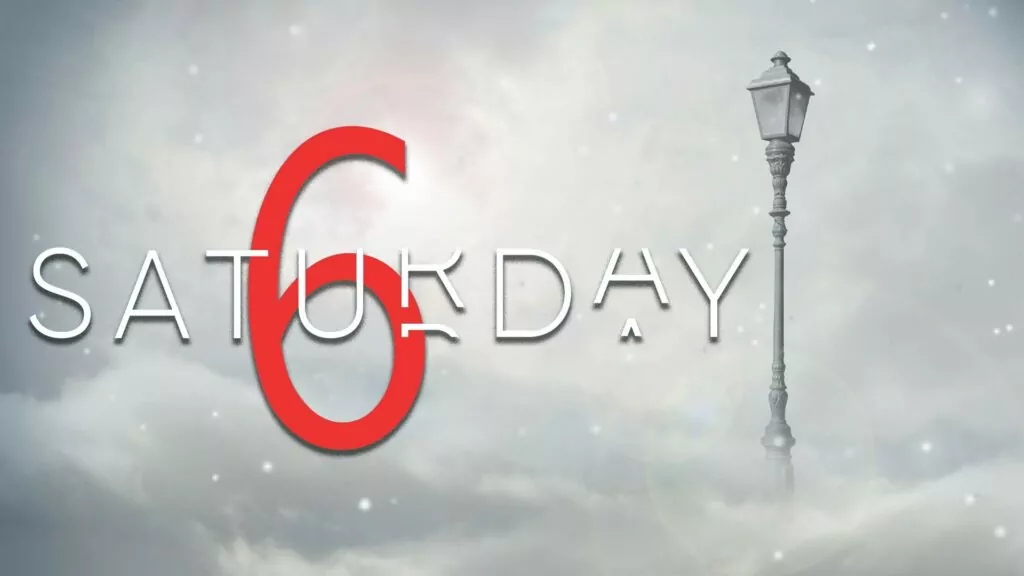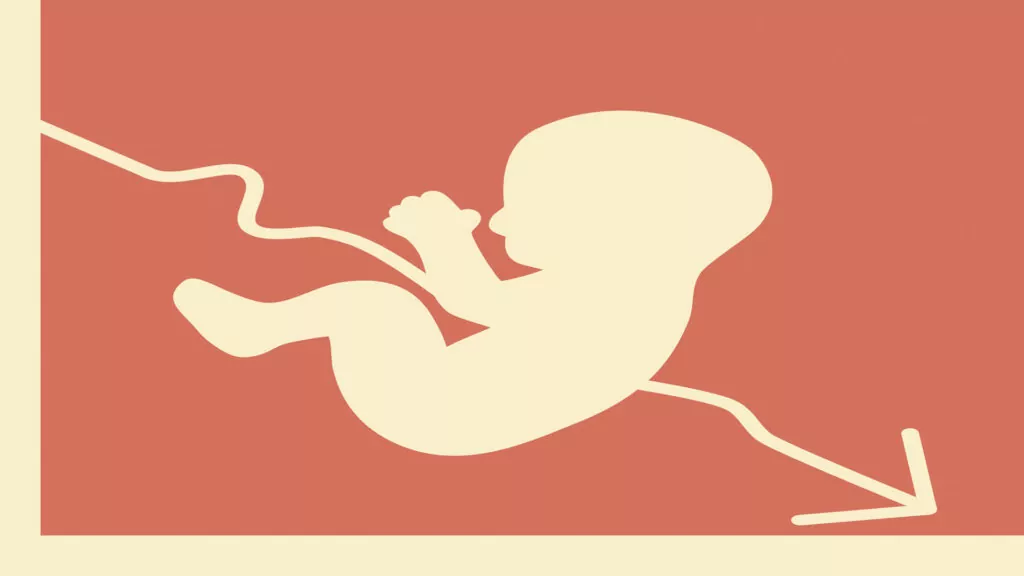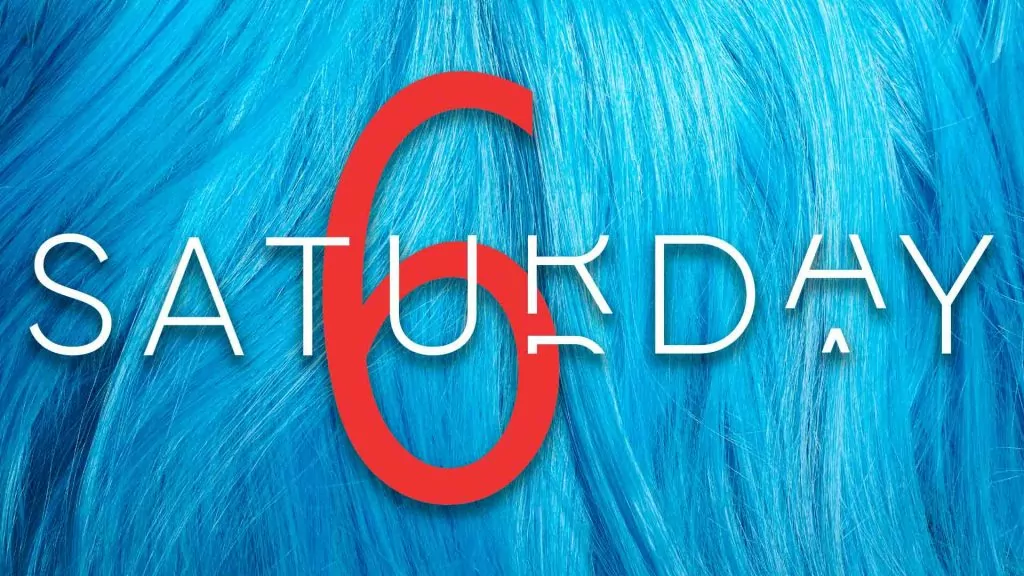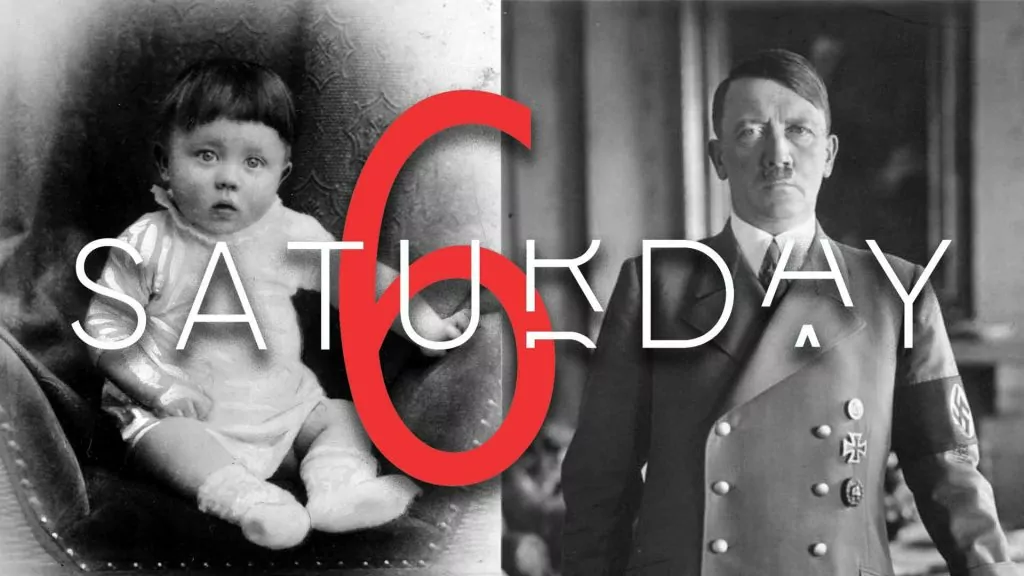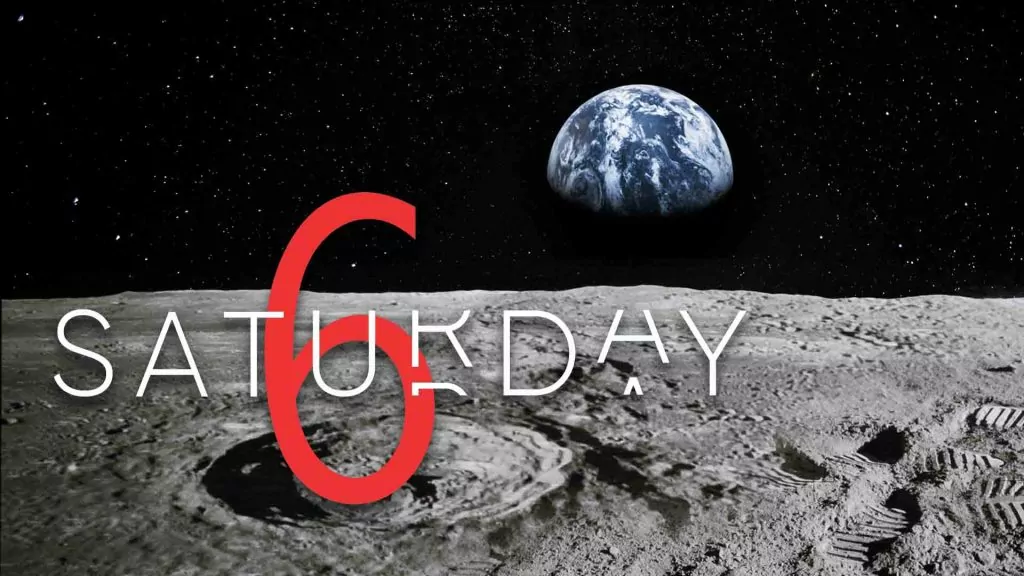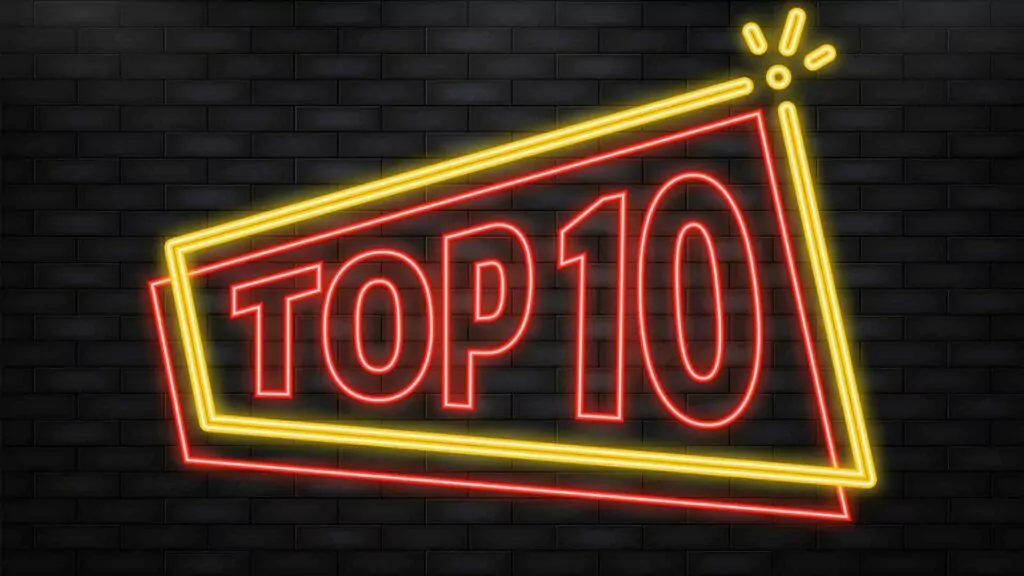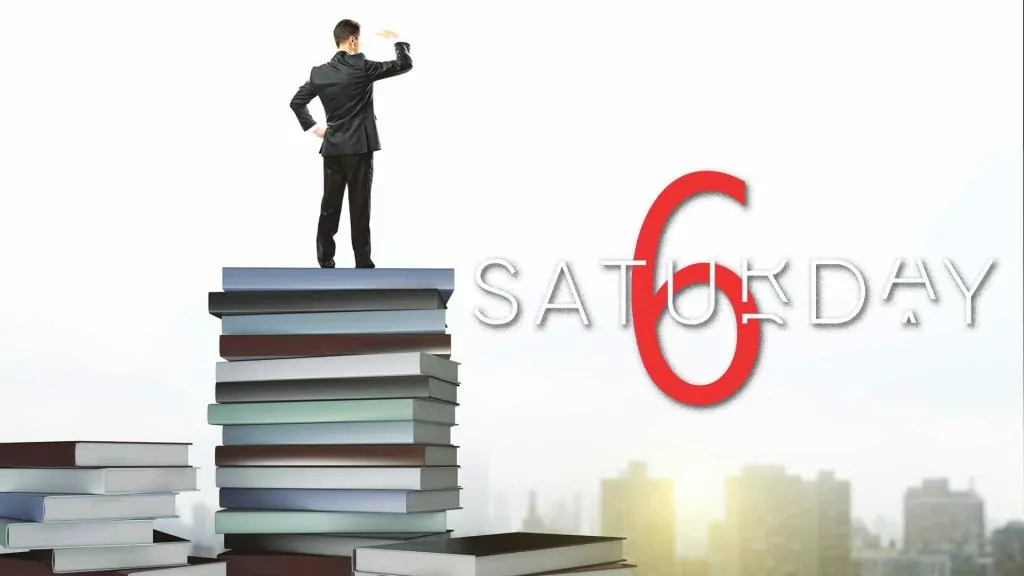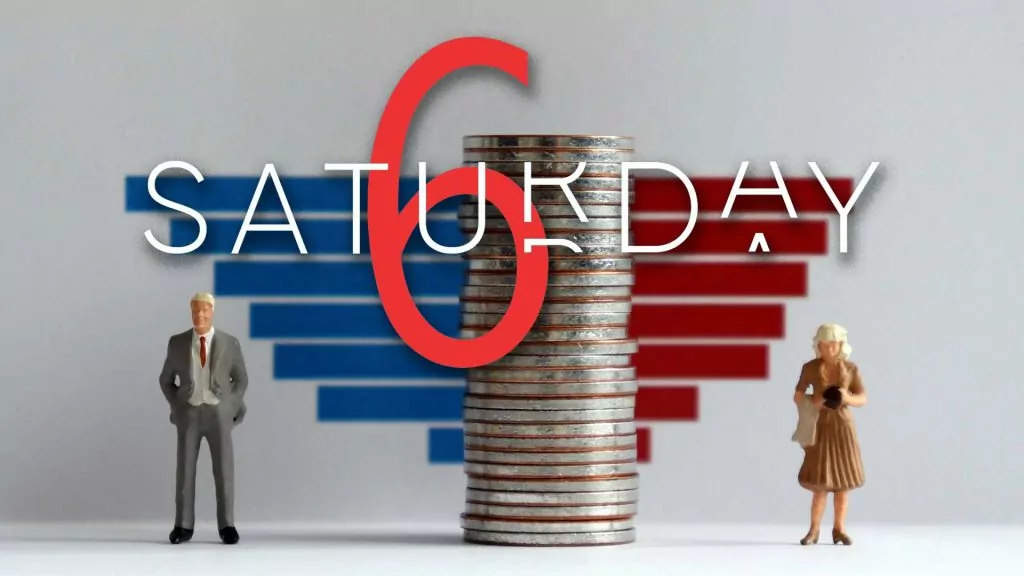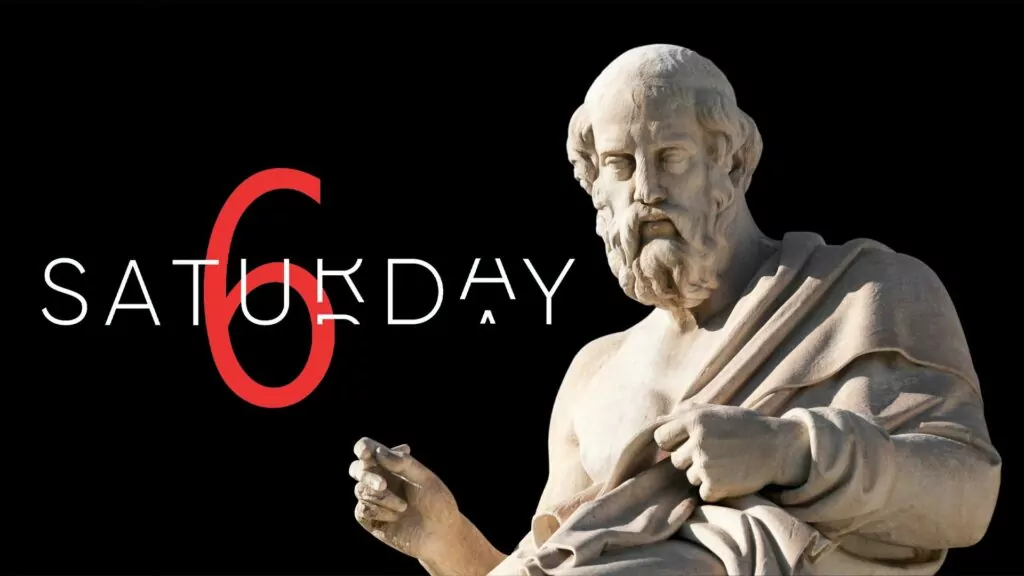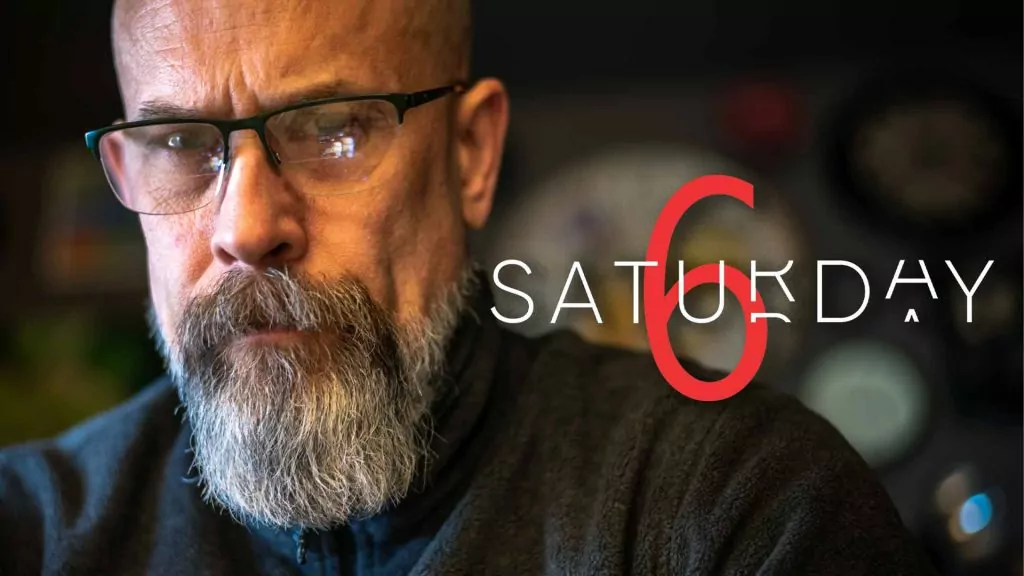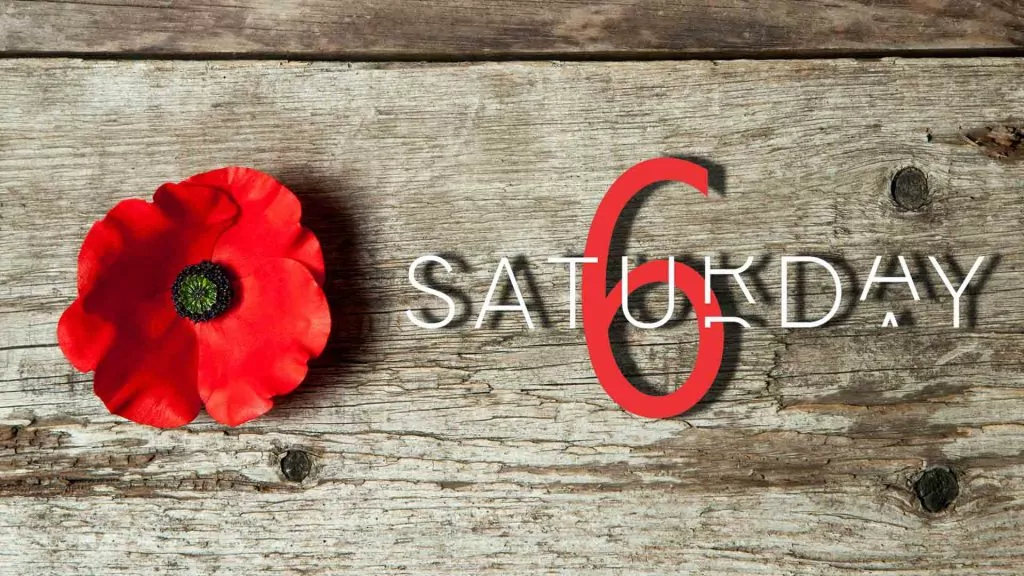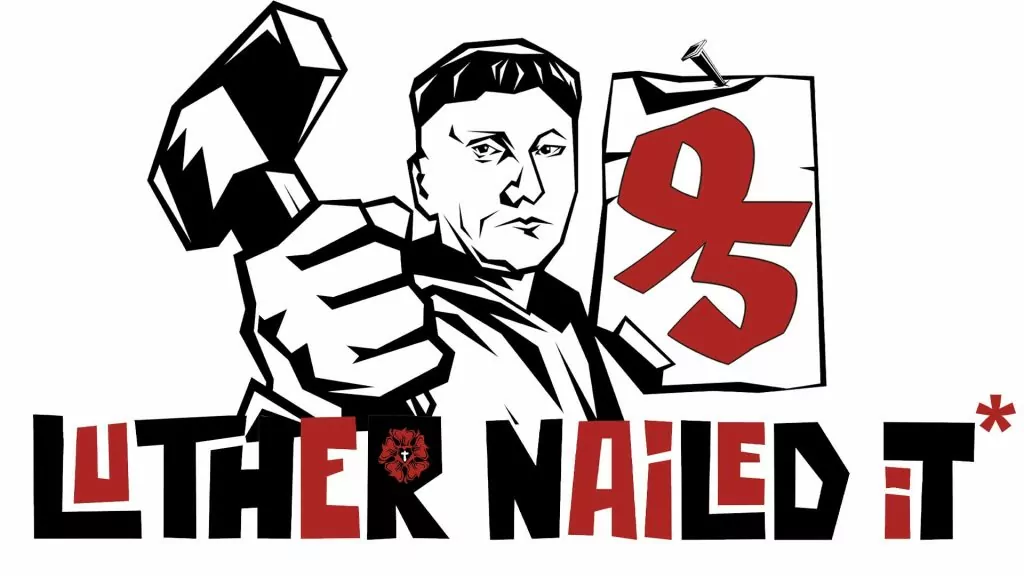“Markus showed us how to find meaning in suffering”
On Nov. 25, 2022, Mike and Jennifer Schouten testified before the Parliamentary Committee that is considering expanding euthanasia to children
****
On May 29, 2022 Markus Schouten was promoted to be with His Lord, at the age of 18 and after battling cancer for over a year. Just six months later, his parents Mike and Jennifer had the very difficult job of appearing before the Special Joint Committee on Medical Assistance in Dying, in Canada’s Parliament, to share their story of walking with Markus through his suffering and death, and to urge our leaders to promote care for those suffering, rather than aid them with, and encourage them towards, suicide.
They were the final witnesses to appear before this group of MPs and Senators, and their presentation made quite the impression, as they received questions for the next 45 minutes. We highly recommend you take the time to watch it.
We reached out to Mike and Jennifer the following week to ask them about this experience.
****
How did you get invited to share Markus’ and your family’s story with this Parliamentary committee?
In April 2022 we sent in a written submission to the committee. At the time we had exhausted all treatment for cure and were focused on quality of life for Markus. We sent in the submission in consultation with Markus and with his blessing to use our experience as we were able to impact the current cultural conversations about euthanasia and assisted suicide.
The invitation to appear before the committee came as a reply to our emailed submission in April. We had about ten days notice, but it came as quite a surprise to us.
Was it a difficult decision for you to agree to this?
There was some initial excitement about this opportunity that God had put before us, but quickly we began to relive those last days with Markus and this brought up the variety of emotions of his suffering and death. It was only with the help of God, and the prayers of the saints carrying us along that we were able to push through.
What were some of your hopes or goals with doing this?
Even prior to the invitation we were having more frequent discussions about suffering and how we (as Christians and as a country) have so much to learn about suffering well. The main focus we had as we prepared for the presentation was to present a Christian perspective on suffering and death, with the purpose of ensuring the committee members had to wrestle with their own pre-existing worldviews on euthanasia and assisted suicide. While we were there to speak into the conversation about expanding this to minors, we purposefully framed some of our remarks in such a way as they would apply to all aspects of the euthanasia debate.
You had to endure a lot of questions from the MPs and Senators, some of which would likely have hurt. How did you feel about the questions that you were asked?
We were surprised that they asked so many questions. Quite honestly we were preparing as though we might only receive one or two questions from sympathetic committee members, with those opposed to our perspective not giving us more opportunities to repeatedly emphasize our message. That so many MPs and Senators wanted to question us just meant we could speak truth to them in different ways each time.
You shared that “Markus showed us how to find meaning in suffering.” Can you share any advice with others who are in the midst of suffering in similar ways right now, or perhaps will face this in the future?
Suffering is hard and it looks different for everyone. Even though God has taken our family through the furnace of suffering (Isaiah 48:10) we have much to learn. Perhaps the most helpful advice we received early on in Markus’ cancer journey was the virtue of submission. Submitting to God’s will, especially when it appears His will is to go through a very hard season, and the only thing we (humanly speaking) want to do is flee from it, is challenging. Yet, through the power of our Saviour Jesus who has gone before us in traveling the road of suffering, we can submit to God’s will. This is not only right, it is liberating; it allows the sufferer to give his/her afflictions over to God and live in the assurance that He will carry us in the arms of Jesus, come what may.
The love and hope that you have for Markus and our Lord radiated through your presentation and answers. Did you sense a spiritual battle being fought? Do you have any indication as to how your presentation went over?
Absolutely. The most challenging part of the time we spent in the committee meeting was the spiritual component. The antithesis was palpable and became more apparent the more questions that were asked. The Senators, in particular, clearly had their minds made up and were trying their best to have us agree that even though it wasn’t something we would support, we should support it for others.
We had a few committee members thank us personally immediately after the meeting. Since then we have reached out via email to all those who had questions for us and can thankfully share that one of the more strident members expressed that it helped her “think through the tough stuff.”
What would you like to see Christians doing in the face of Parliament’s study into expanding euthanasia to minors?
We need to be in prayer for the testimony of witnesses to touch the hearts and minds of the committee members. While our testimony was unique in that it was the only personal story to come before the committee, there were many other witnesses who cautioned the committee in expanding euthanasia to minors. Please pray that God would work through all the evidence before the committee with the result being that they recognize the dangers in making euthanasia available to children.
There is still much opportunity to impact the recommendations that the Special Joint Committee will be drafting. They plan to have their report concluded by February 17, 2023 and we would encourage Christians to communicate to both their MP as well as the committee members before then. This can be done using ARPA Canada’s EasyMail system or by visiting the committee website where you can find contact information for all the members.
Is there anything else you wish to share with RP’s readers?
We are so appreciative for the many people who have reached out to us with words of encouragement and prayers on our behalf. We truly felt carried by your prayers. If God is for us, who can be against us? (Romans 8:31)
****
Presentation to the Special Joint Committee on MAiD
A transcript of Mike and Jennifer's 9-minute presentation to the Special Joint Committee on Medical Assistance in Dying (MAiD) follows. You can also watch their presentation, and the question and answer period, in the hour-long video below.
JENNIFER: This is our dear son Markus. On February 26, 2021 Markus was diagnosed with Ewing sarcoma, an aggressive form of bone cancer.
After 20 rounds of chemotherapy, 25 rounds of radiation, numerous surgeries, including the replacement of his entire upper right arm with an internal prosthetic, we made the decision with Markus and his doctors to end treatment for cure and focus on quality of life.
Markus’ care was then transferred from BC Children’s Hospital to Canuck Place Children’s Hospice.
The palliative and hospice care Markus received at our home was focused on addressing his suffering and valuing his dignity. The doctors and nurses knew his days would be short, and their efforts ensured that the days he had left were lived well.
Markus wanted to die at home, surrounded by his family. But he also didn’t want to experience the intense pain and suffering that he knew would come as his lungs filled with tumours.
On what turned out to be his last Friday, nurse Shana assessed Markus and said, “His time is short.” She advised us to take the window we still had for Markus to be transported to Canuck Place Hospice in Vancouver. With the increased intensity of his care we agreed.
Our whole family was together at the hospice, and as we entered the evening it appeared that Markus would only last a few more hours.
As each of his siblings said good night to Markus, he told them he loved them, and said, “See you in paradise.”
Mike and I didn’t sleep at all but took turns sitting beside Markus. The nurses maintained his medication and Markus assured us that he was very comfortable and not in any pain. At one point he said to me, “This is how I hoped it would be.”
As dawn arrived we realized that God had another day in store for Markus.
Early that morning Markus’ friends arrived at the hospice and together they cried, laughed, and prayed.
That afternoon both of Markus’ sets of grandparents also came to say goodbye.
By early Sunday morning Markus was non-responsive and his breathing had become a lot more shallow.
Just before 2:30 that afternoon Markus’ breathing slowed and with each of us around his bedside he took his final peaceful breaths and Markus’ soul departed from his broken body.
MIKE: Markus died 6 months ago, on May 29, 2022, only 15 months after his diagnosis. If he was here today his appeal to you would be to not expand euthanasia to minors, for two reasons.
Earlier this month it was reported in the news that CAMAP, the Canadian Association of MAiD Assessors and Providers, is recommending that physicians have an obligation to bring up medical assistance in dying with patients who meet eligibility requirements.
As Jennifer just shared, Markus met the eligibility requirements.
This means that if euthanasia is extended to minors, the day will come when families just like ours, sitting with their dying children, will feel an obligation to end the suffering of their child by having a doctor euthanize him or her.
Dear committee members, we recommend against the expansion of euthanasia because by giving some minors the right to request, you put all minors and their families in a position where they are obliged to consider.
If that happened to Markus the message heard would have been clear: we don’t think your life is worth living and if you want we can end it for you.
The second reason we recommend you don’t extend MAiD to minors is because by doing so you eliminate unimaginably beautiful experiences.
When we went to the Canuck Place Hospice, we didn’t know how long Markus would live. We hadn’t even wanted to go the hospice initially, but being there allowed us to embrace each moment we had with him, and him with us.
If euthanasia becomes available to minors then that Friday night when we thought Markus was going to go… after we’d all had our time with him to say our goodbyes… It would seem like the thing to do right? “It’s time,” the nurse would say. “It’s the compassionate thing to do. You’ve all said your goodbyes… he doesn’t have to suffer anymore…he should go now,” the nurse would say.
But, then we wouldn’t have had Saturday…a most beautiful day filled with precious memories.
We suffered much with Markus, and we miss him terribly. But Markus showed us all how to find meaning in suffering and was thankful for each day God gave to him.
It is our heartfelt recommendation to this committee, on behalf of Markus and our family, that you do not extend MAiD to minors and instead focus on providing the necessary palliative and hospice resources to ensure the best quality of living, even when someone is dying....








